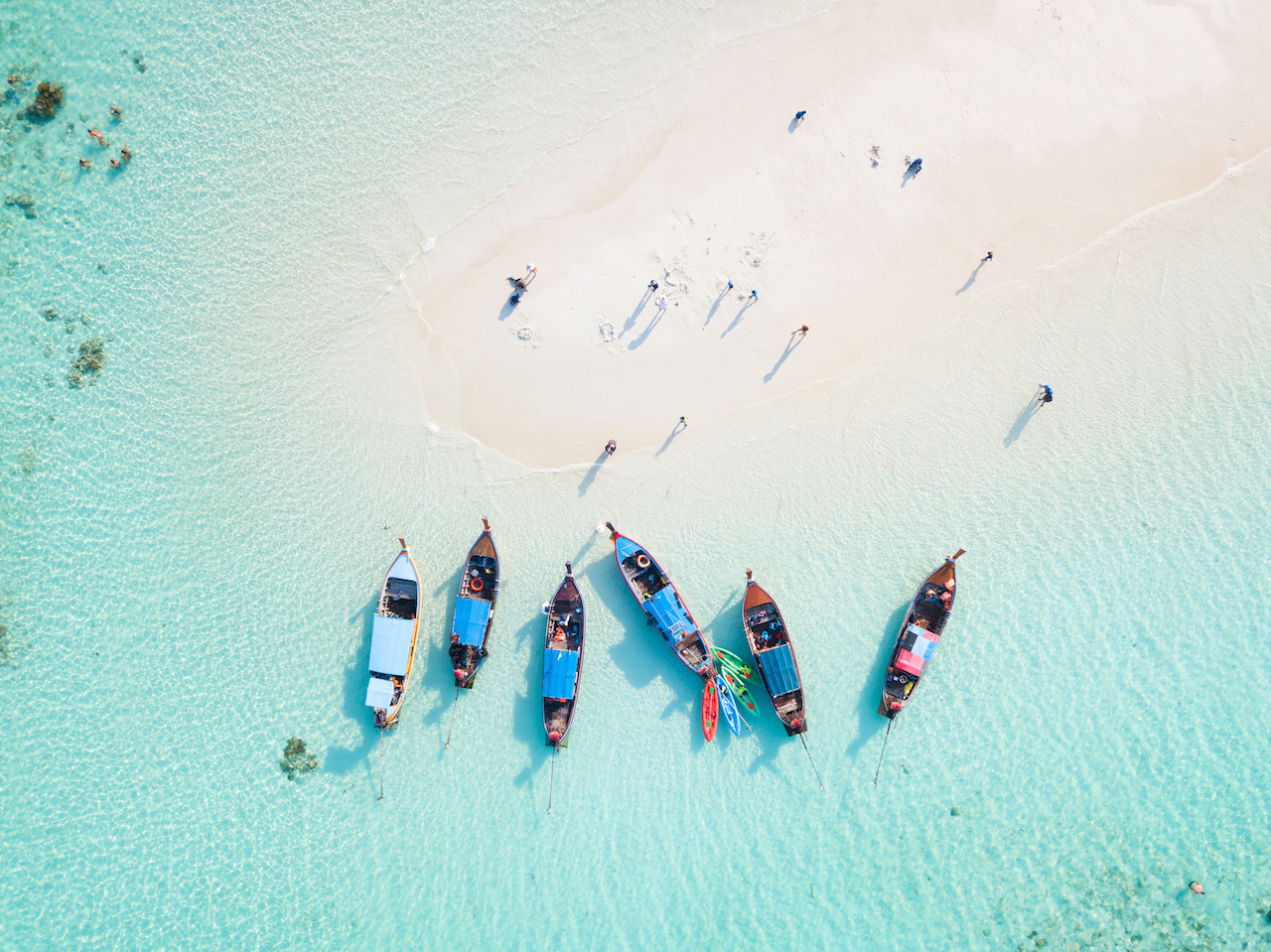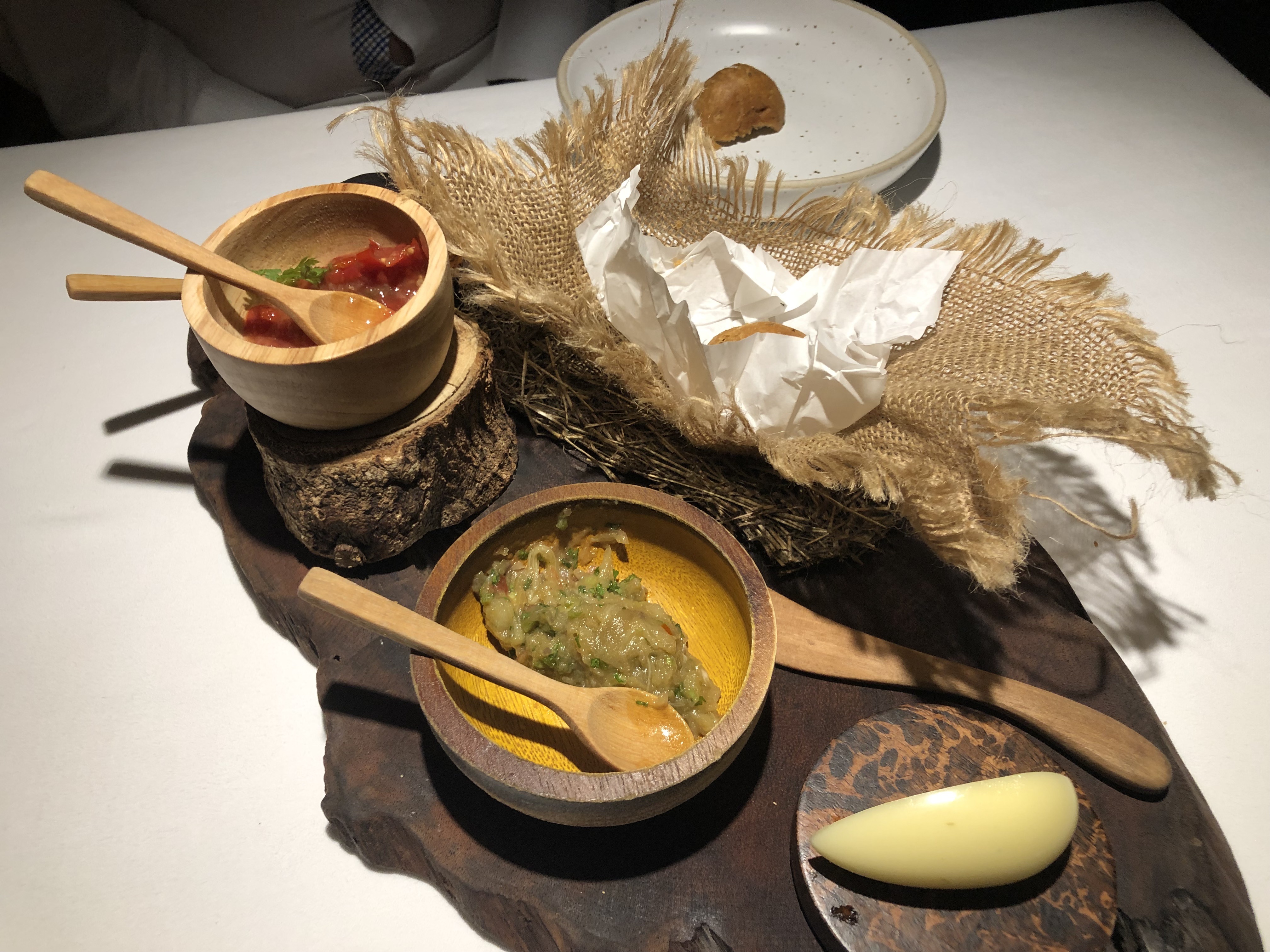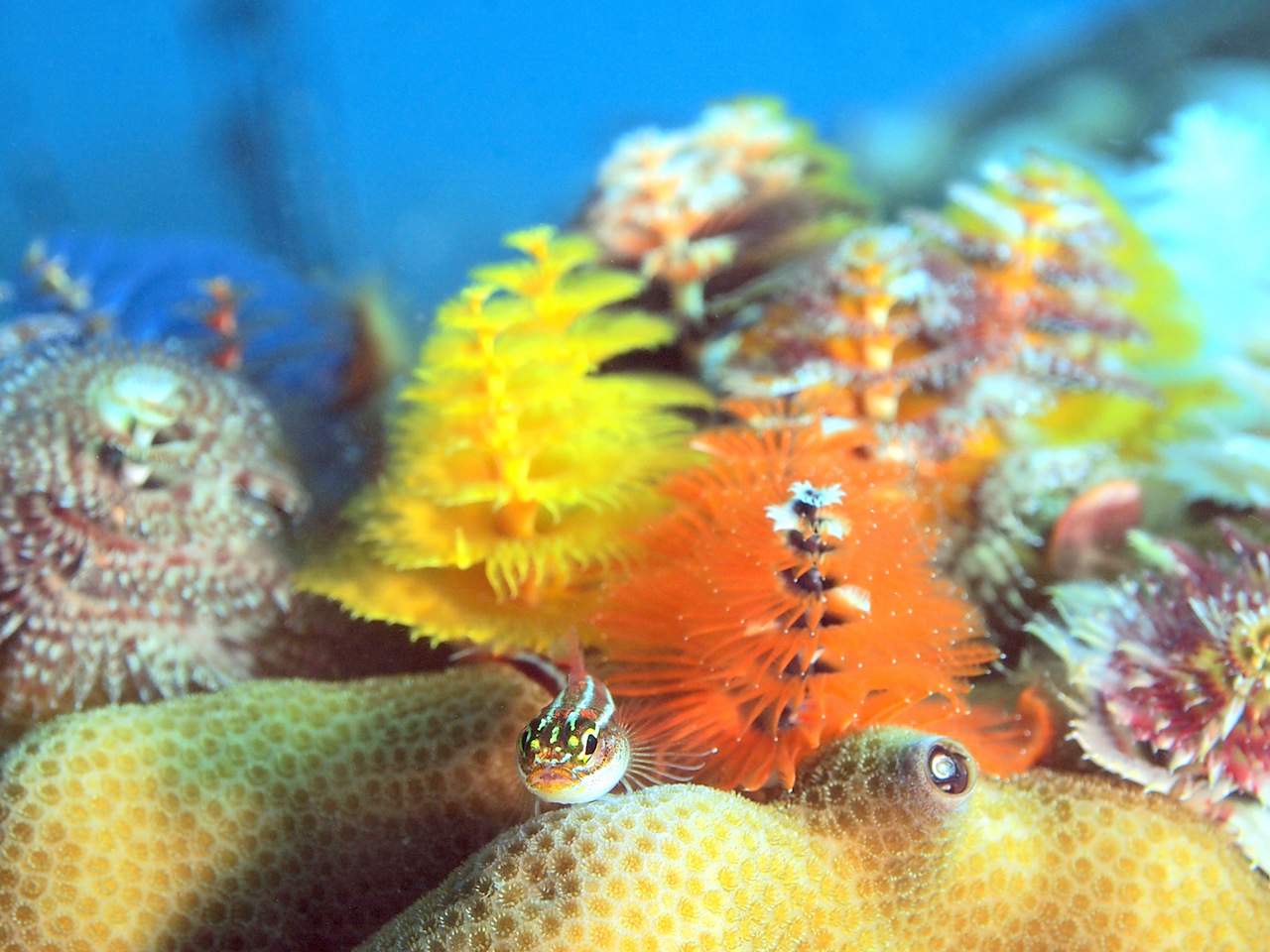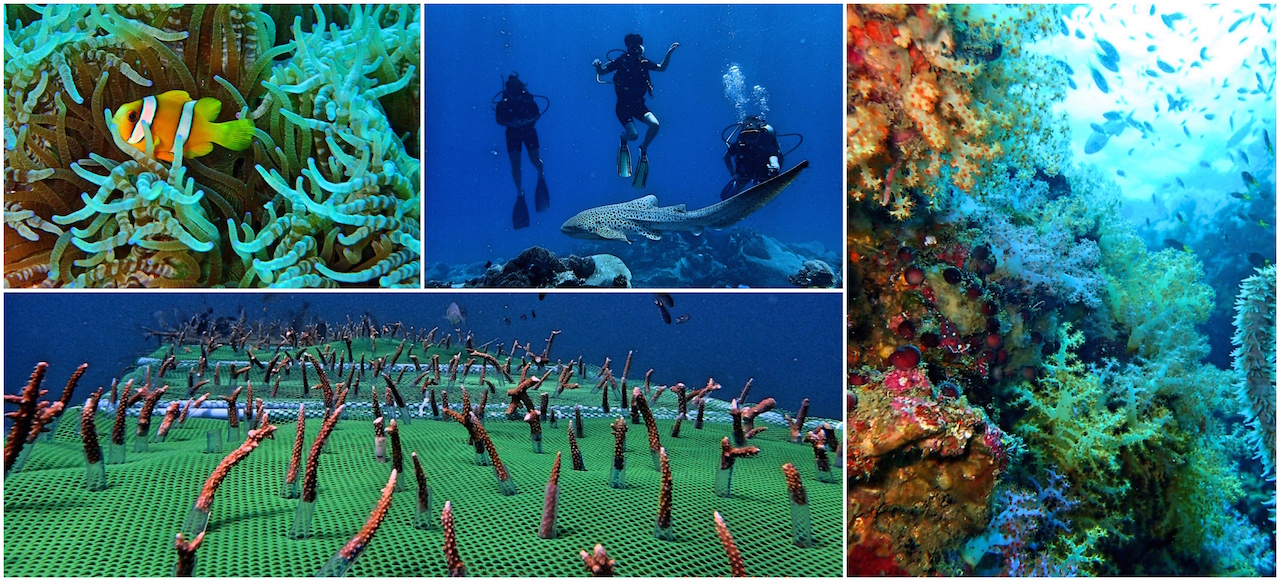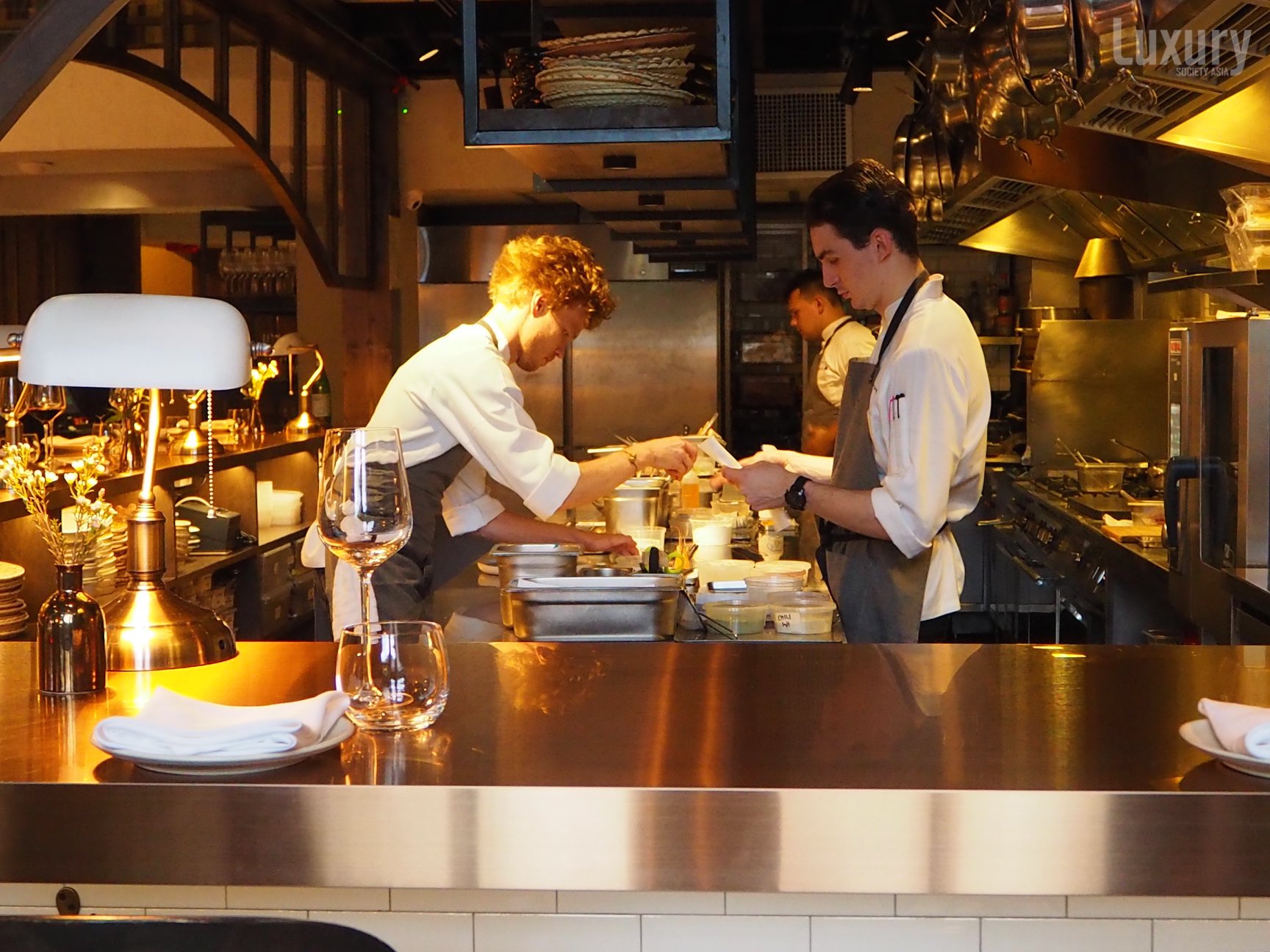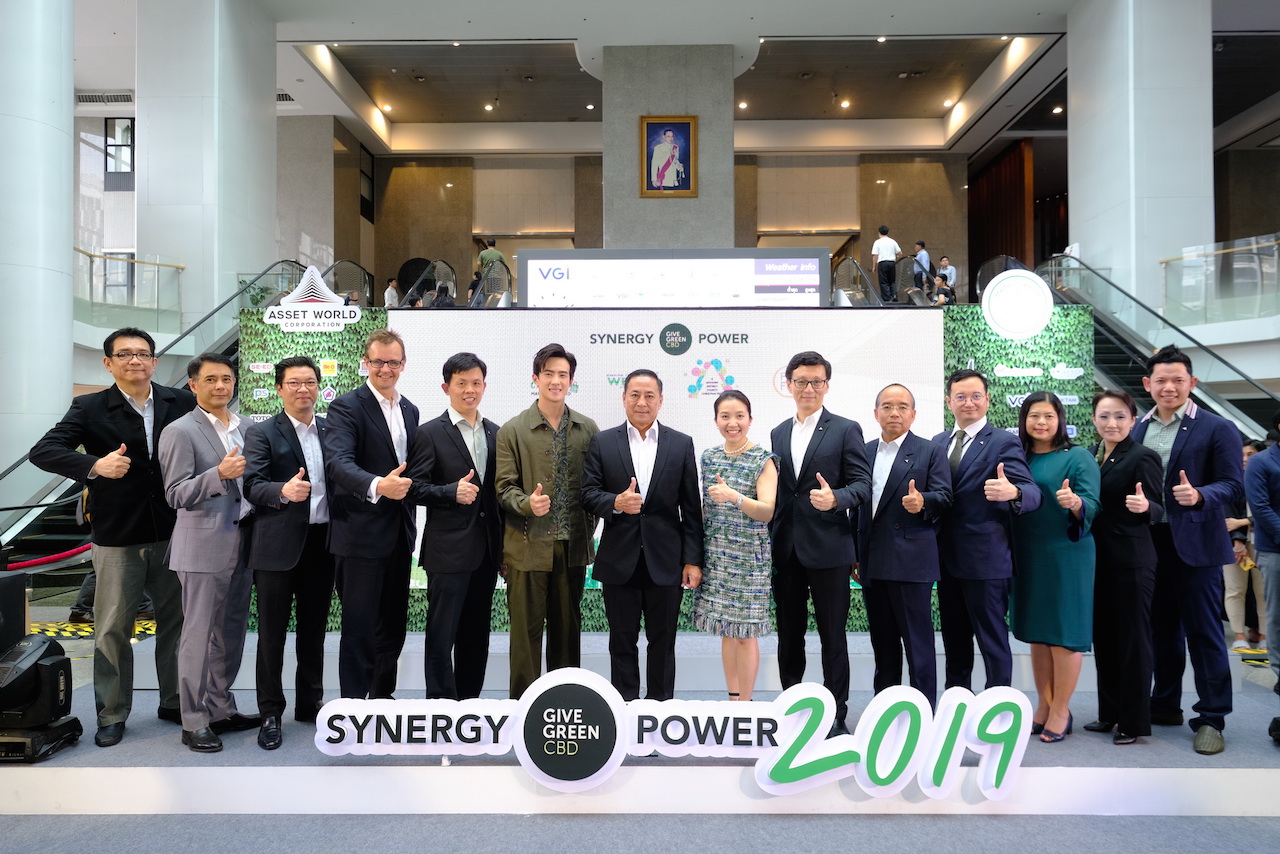Thailand Sustainable Plan 2019 – Responsible Tourism
Thailand is making moves in the right direction to protect its vast natural and scenic beauty, having instigated a range of environmental initiatives and green-minded programmes in a different industry and economic sectors. Among the primary objectives are the significant reduction of single-use plastics and other plastic waste.

The Department of National Parks, Wildlife and Plant Conservation (DNP) of a ban on single-use plastics at 154 national parks around Thailand. A much-welcome move to reduce the amount of rubbish polluting the natural environment and threatening the kingdom’s wildlife, the ban covers plastic bags, plastic utensils, straws, capped water bottles, foam food containers and essentially any plastic item that is typically used once and then thrown away.
In place of plastics, visitors to the parks are being encouraged to use materials that are more environmentally-friendly and which can be used over and over again. Banners produced to support the campaign carry messages that prompt people to think of the harm throw away plastic does to the environment and to instead act in an environmentally-friendly way.

One thought-provoking sign, in particular, stands tall on the beach at Ko Mae Ko in the beautiful Mu Ko Ang Thong National Park, which spreads across 102 sq km in the Gulf of Thailand alongside the famous resort islands of Samui and Phangan. Ko Mae Ko and its gorgeous inland lake is one of the Park’s highlighted attractions, and the sign displays the message ‘How long until it’s gone?’ underneath which has pictured items like paper cups, cigarette butts and aluminium cans along with the time it takes for each to biodegrade.
Pulling no punches, the sign advises that an aluminium can takes 80-100 years to do so and a plastic bag some 450 years, while foam never does.
The good news is the ban on single-use plastics appears to be working. The DNP estimates the ban on single-use plastics will help reduce plastic waste by around 3 million items, and that some 10 million people will join the effort in the first year of implementation.
Another encouraging move has been the banning of smoking on 24 of Thailand’s popular beaches, as of late 2017 in the launch stage and full-on from early 2018. Designated smoking areas have been provided, but for those who smoke outside of these, there are hefty fines in place. Prior to the ban, cigarette butts were accounting for a considerable amount of trash that was negatively affecting the environment and de-beautifying the natural scenery.
At the time, TAT released a statement saying: “These beaches are among the most beautiful in Southeast Asia, and the aim is to keep them that way.”
The smoking ban includes beaches in Phuket, Phang-nga, Krabi, Trang, Samui, Hua Hin, Cha-am, Chon Buri, Rayong and Trat.
The ‘Travel Thailand in Style, Reduce Plastic Waste’ initiative in collaboration with various stakeholders, with the aim of cutting tourism-related waste by up to half by the year 2020.

With partners that include the Expedia Group, Tourism Council of Thailand, Thai Hotels Association, Nonthaburi Municipality and local communities in Bangkok, ‘Travel Thailand in Style, Reduce Plastic Waste’ was created to serve as a catalyst and encourage more action within the wider travel and tourism sector.
Kicking off in Bangkok, the initiative was being expanded to secondary tourist destinations around the kingdom with support and recommendations on how to reduce waste and single-use plastics; such as, using cotton bags instead of plastic ones, water tumblers instead of plastic bottles, and reusable food utensils rather than plastic ones.
‘Upcycling the Oceans, Thailand’ is another initiative involving TAT and one which began in March 2017. In this the national tourist office has partnered with PTT Global Chemical (PTTGC) and the Ecoalf Foundation, and it saw Thailand become the first Asian country to join the global oceans clean-up effort.

Its goal is to help rid the seas, islands and coastal areas with which Thailand is blessed of debris and trash, particularly in popular tourist spots along the east coast, in the Gulf of Thailand and the Andaman Sea. And to show that not only can the rubbish be cleaned up, but that it can also be re-used by transforming it into thread to make fabric, pellets and other products.
The Stock Exchange of Thailand (SET) the ‘CSR & SET in the Local’ initiative through which they aim to get more publicly listed companies in on the act when it comes to sustainable tourism and community development.

This particular initiative provides packages and information on Corporate Social Responsibility (CSR) activities for companies and organisations wanting to interact with and benefit local communities, ranging from ‘Sustainable Development Goals (SDG) Educational Packages’ that teach about sustainability according to the United Nation’s SDGs to ‘Village Route and Homestay’ that promotes tourism to off-the-beaten-path destinations.

The Department of Marine and Coastal Resources has unveiled a plan to reduce marine waste by 50% by 2027.
Thai bottled water producers and the Pollution Control Department have already begun to stop using cap seals on bottles and aim to do away with the seals altogether by the end of 2019.
Bangkok-based UN Economic and Social Commission for Asia and the Pacific (ESCAP) have jointly set up the ‘Sustainable Ocean Ambassador’ project to battle the dumping of garbage in Thailand’s seas.
WWF-Thailand has launched the ‘Travel Ivory Free’ campaign in association with TAT, DNP, NokScoot Airlines and Bangkok Art and Culture Centre to highlight the ivory trade and fight against it.
Meanwhile, a network of 30 universities across Thailand announced in late October they had succeeded in reducing the number of single-use plastic bags, utensils and cups by 41 million pieces so far this year.
Source www.tatnews.org

